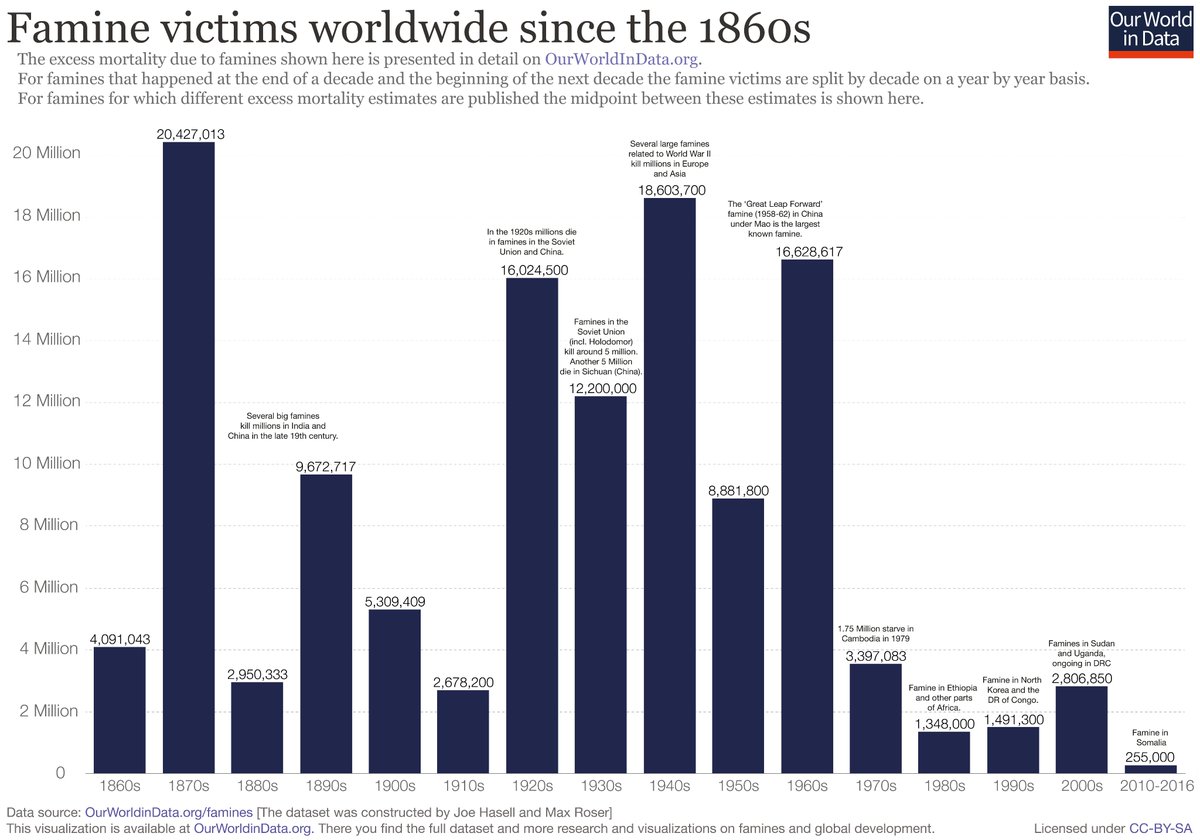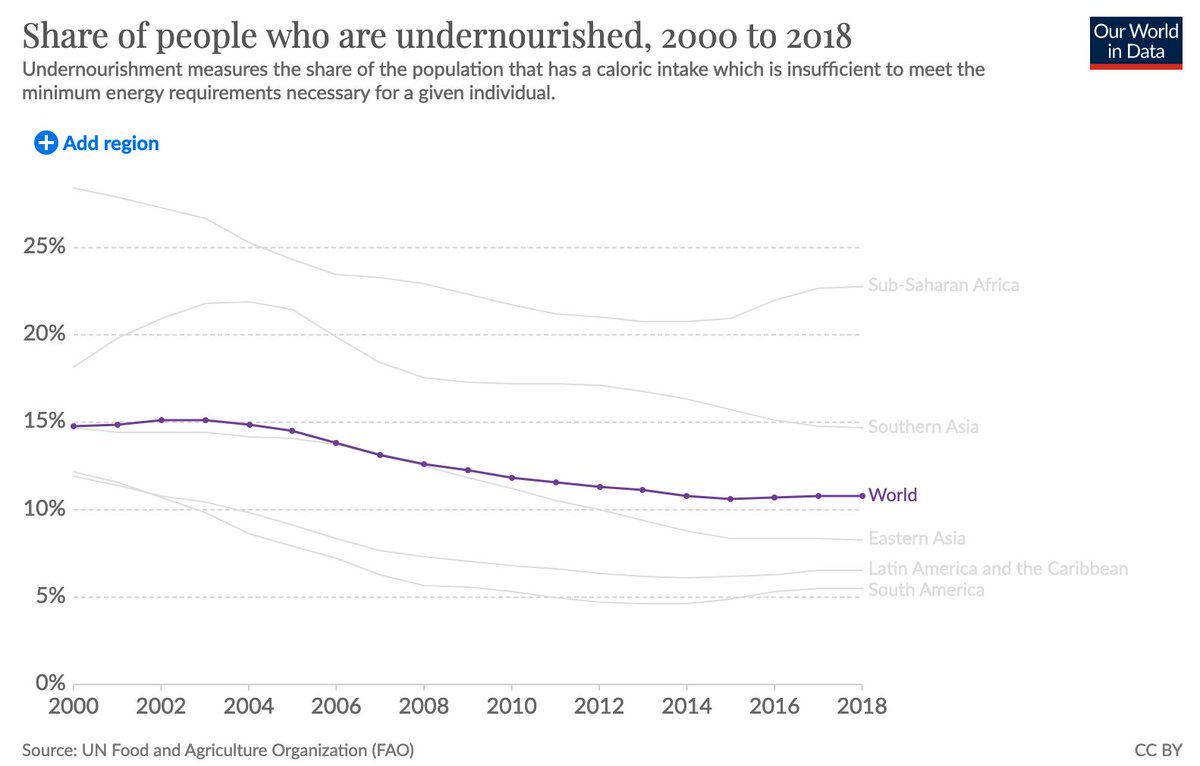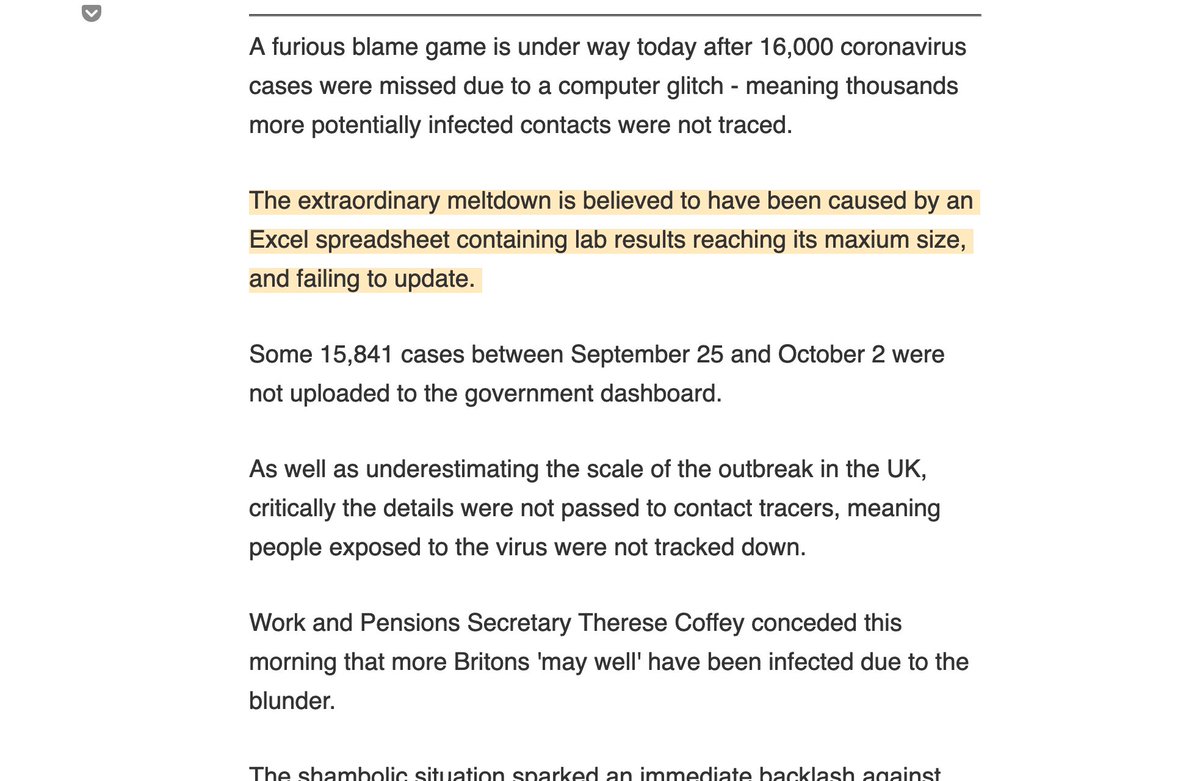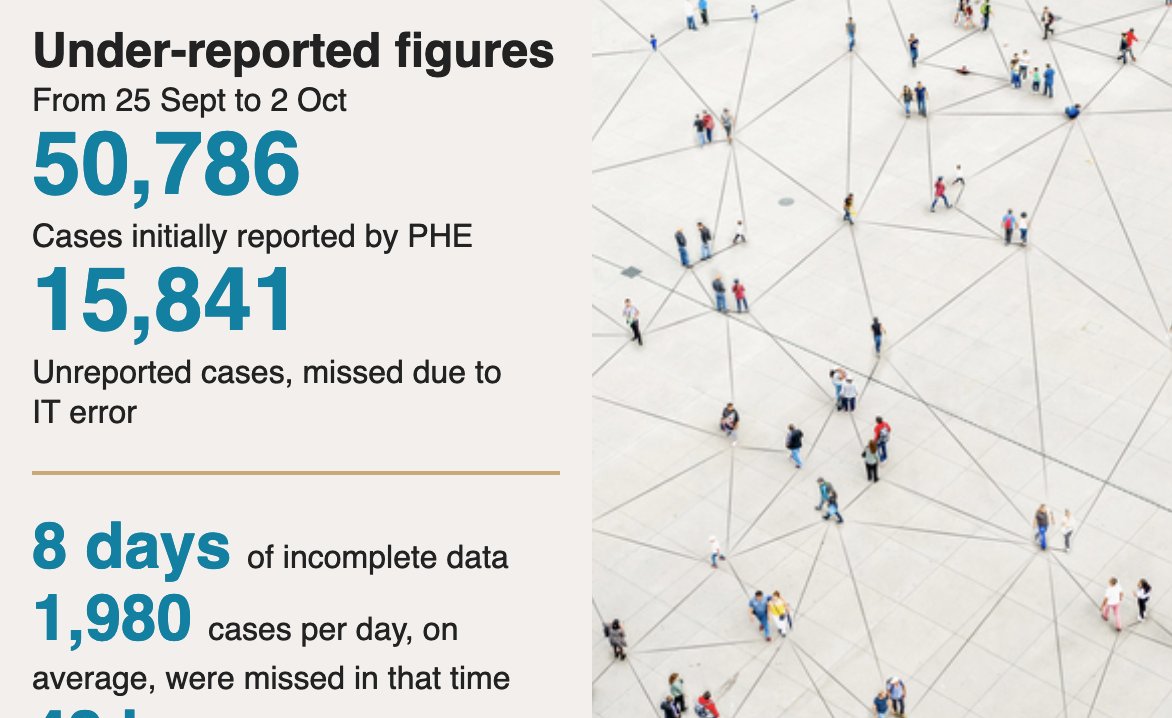
The cumulative death rate – since the start at the pandemic – in European countries.
The 5 countries where most lives were lost are: Belgium, Spain, the UK, Italy, and Sweden.
The countries that did well – those at the bottom – suffered a death rate that was 10-times(!) lower.
The 5 countries where most lives were lost are: Belgium, Spain, the UK, Italy, and Sweden.
The countries that did well – those at the bottom – suffered a death rate that was 10-times(!) lower.

And these are the current positive rates of testing. Those countries that did poorly in containing the pandemic were – and are – also doing poorly in testing.
Belgium, Spain, UK, Italy, and Sweden have high positive rates.
Especially Finland, Norway, and Denmark are doing well.
Belgium, Spain, UK, Italy, and Sweden have high positive rates.
Especially Finland, Norway, and Denmark are doing well.

You can explore all this data for yourself in our Data Explorer ourworldindata.org/coronavirus-da…
There you also find global data and data on confirmed cases, number of tests, and much more
There you also find global data and data on confirmed cases, number of tests, and much more
You can also look at the excess deaths from all causes to see the big difference between countries that did well so far and those that did not. 

• • •
Missing some Tweet in this thread? You can try to
force a refresh















